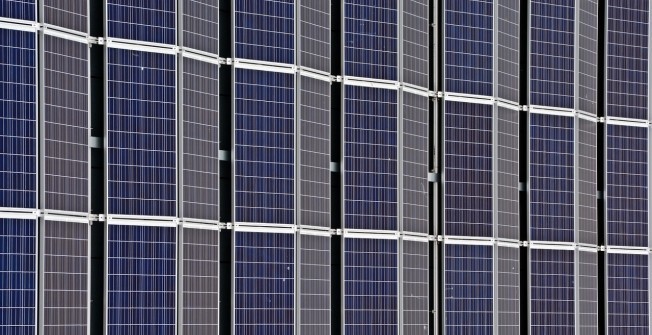We offer a Free quote and UK design service, get in touch today.
We offer a Free quote and UK design service, get in touch today.

There are a number of challenges facing the homeowner when it’s time to consider solar battery storage in Watford. First you need to know your new battery will meet the demands of the grid to which it will be directly or indirectly attached. Then there’s the issue of constant cycling as the battery is charged and discharged and finally there is the issue of irregular recharging. Not every battery type under the sun is suited for these types of challenges which is why, when it comes to batteries for solar photovoltaic (PV) applications, there are really only 2 that dominate the market: the lead-acid battery and the lithium ion battery.
As mentioned there are 2 types of batteries that dominate the solar battery storage market in Watford today. These 2 battery types are the best at meeting the demands put upon them by solar PV systems. They are:
While both types of battery have their upside the trend toward the lighter, longer lasting and more efficient lithium ion battery has taken on a head of steam in recent years. Perhaps the biggest factor keeping the lead-acid battery in the discussion is its price. Homeowners on a tight budget will often opt for the lead-acid battery simply because, as we said earlier, it can cost only half what a lithium ion battery will cost. Call us to find out which type of battery would be ideal for your solar battery storage needs, or to find out about water heating through our solar hot water in Watford.